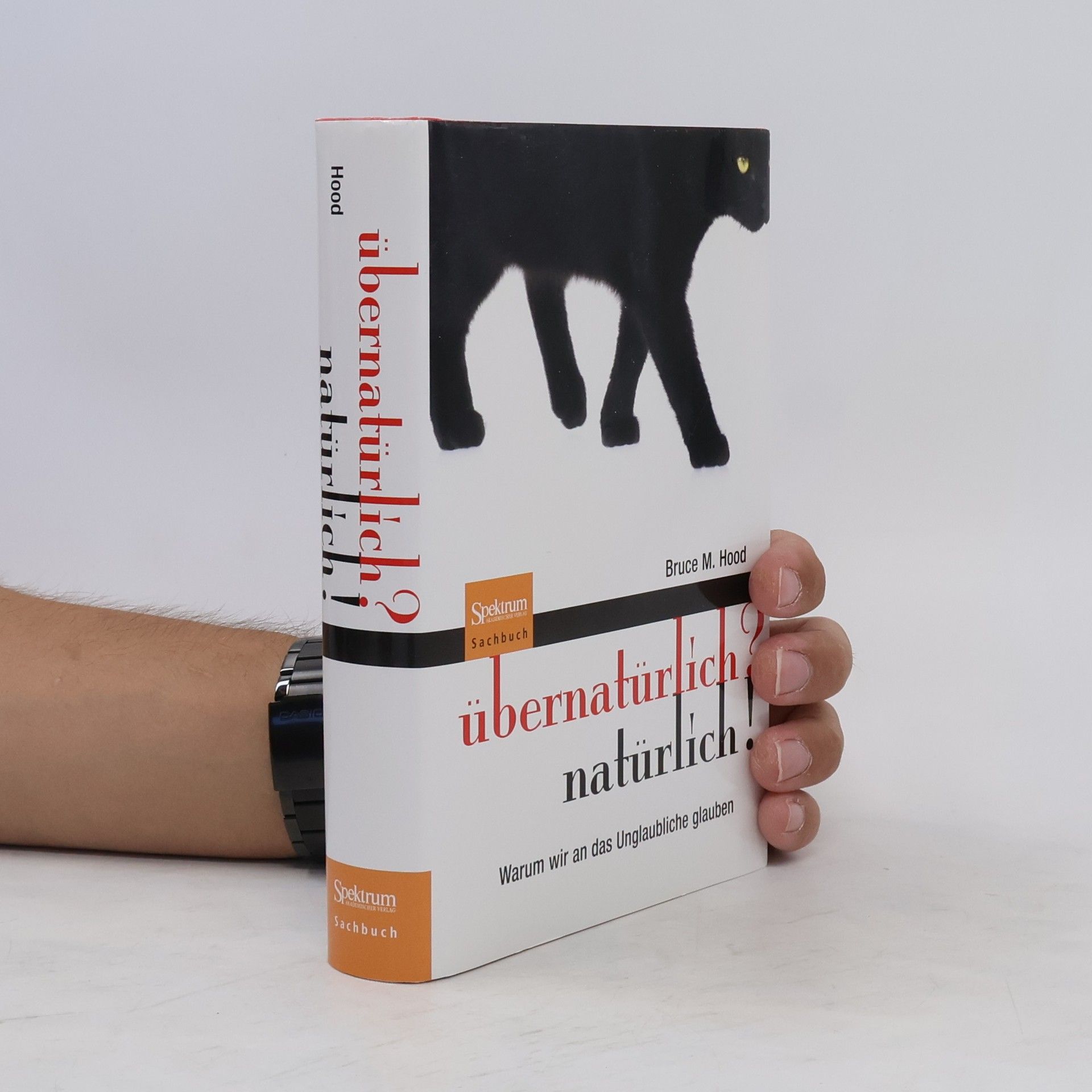Paradoks szczęścia polega na tym, że najtrudniej je osiągnąć, kiedy go szukamy. Pojawia się jednak nieoczekiwanie, gdy robimy rzeczy, które mają sens. Profesor Bruce Hood przyjrzał się temu problemowi z perspektywy nauki i doszedł do wniosków, które przeczą treści większości popularnych poradników. Swoją wiedzę przekazuje na kursie Nauka o szczęściu zorganizowanym przez Uniwersytet w Bristolu i w książce o tym samym tytule, która jest pokłosiem kursu. Jakie wnioski na temat dążenia do szczęścia płyną zatem z nauki? Dlaczego o wiele łatwiej zwracamy uwagę na negatywne aspekty rzeczywistości i spodziewamy się, że świat pójdzie w złym kierunku? Dlaczego błądząc myślami, najczęściej wędrujemy w ponure rejony? Na te i inne pytania znajdziemy odpowiedź w siedmiu prostych, ale zmieniających życie lekcjach: Zmień swoje ego Unikaj izolacji Unikaj negatywnych porównań Rozwijaj swój optymizm Kontroluj swoją uwagę Buduj relacje Wyjdź z własnej głowy Każda z lekcji kończy się serią przydatnych wskazówek, jak wprowadzić w życie zalecenia wynikające z nauki i jak praktykować szczęście. Najważniejsze przesłanie książki dotyczy jednak więzi między ludźmi. Bruce Hood mówi jasno: dbając tylko o siebie, szczęścia nie osiągniesz! Autor wyjaśnia, czemu w naszym życiu służy egocentryzm i jak rozwijać przeciwną postawę – allocentryczną.
Bruce M. Hood Book order (chronological)
This author delves into the intricate aspects of the human psyche, drawing inspiration from a personal fascination with infant visual development and academic research in psychology. Their writing is shaped by a life lived across diverse continents, reflecting a profound understanding of human behavior. With a touch of playful unpredictability, the author offers readers a distinctive perspective on the world.





The Science of Happiness
- 352 pages
- 13 hours of reading
A guide to the science of happiness from an award-winning psychologist
Possessed
- 224 pages
- 8 hours of reading
"You may not believe it, but there is a link between our current political instability and your childhood attachment to teddy bears. There's also a reason why children in Asia are more likely to share than their Western counterparts and why the poor spend more of their income on luxury goods than the rich. Or why your mother is more likely to leave her money to you than your father. What connects these things? The answer is our need for ownership. Award-winning psychologist Bruce Hood draws on research from his own lab and others around the world to explain why this uniquely human preoccupation governs our behavior from the cradle to the grave, even when it is often irrational, and destructive. What motivates us to buy more than we need? Is it innate, or cultural? How does our urge to acquire control our behavior, even the way we vote? And what can we do about it? Timely, engaging, and persuasive, Possessed is the first book to explore how ownership has us enthralled in relentless pursuit of a false happiness, with damaging consequences for society and the planet - and how we can stop buying into it." --
The Science of Superstition
How the Developing Brain Creates Supernatural Beliefs - Formerly Titled SuperSense: Why We Believe in the Unbelievable
- 320 pages
- 12 hours of reading
“In an account chock full of real-world examples reinforced by experimental research, Hood’s marvelous book is an important contribution to the psychological literature that is revealing the actuality of our very irrational human nature.” — Science In the vein of Malcolm Gladwell’s Blink, Mary Roach’s Spook, and Dan Ariely’s Predictably Irrational, The Science of Superstition uses hard science to explain pervasive irrational beliefs and behaviors: from the superstitious rituals of sports stars, to the depreciated value of houses where murders were committed, to the adoration of Elvis.
Übernatürlich? Natürlich!
- 454 pages
- 16 hours of reading
Die heutige Welt wird oft in das Natürliche und das Übernatürliche unterteilt. Während unsere fünf Sinne die natürliche Welt erfassen, können sie das Übernatürliche nicht erklären. Bruce Hood untersucht, wie Menschen das Übernatürliche begreifen und warum wir an das Unglaubliche glauben. Eine Mehrheit der Weltbevölkerung ist religiös oder glaubt an übernatürliche Phänomene. In den USA glauben neun von zehn Erwachsenen an Gott, und viele halten an Ideen wie Telepathie oder Geistern fest. Woher stammt dieses übernatürliche Denken? Hood, ein Kognitionspsychologe, bietet Einblicke in die Wissenschaft des Glaubens an das Übernatürliche. Aberglaube und magisches Denken sind weit verbreitet: Viele Menschen drücken Daumen, klopfen auf Holz oder meiden schwarze Katzen. Prominente Sportler und Politiker haben ihre eigenen Rituale, die ihre Überzeugungen widerspiegeln. Übernatürliches Denken umfasst auch emotionale Bindungen an Objekte und den Glauben an ein Jenseits. Trotz des wissenschaftlichen Zeitalters halten wir an solchen Glaubenssystemen fest, da der Glaube an das Unsichtbare tief in uns verankert ist und bereits in der Kindheit entsteht. Hood argumentiert, dass unser Geist darauf programmiert ist, unsichtbare Kräfte zu erkennen, und dass der Glaube an das Übernatürliche eine wichtige Grundlage für gesellschaftlichen Zusammenhalt bildet.